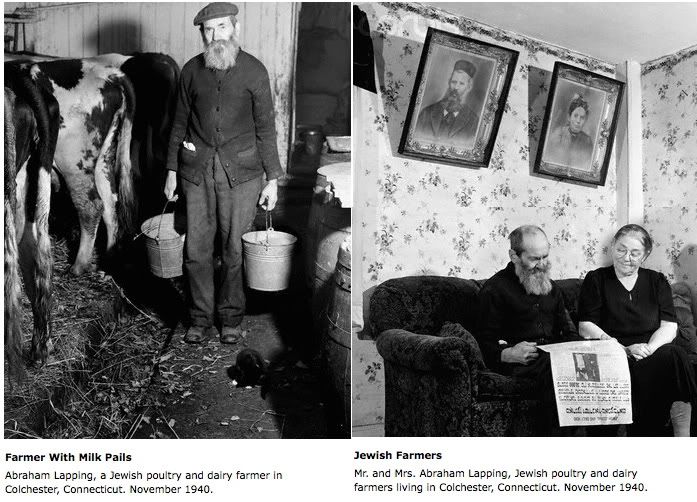
I was curious as to why Paul Lapping, an immigrant from Russia in the early 1900's, was living in Colchester, CT. I found this under the Colchester, CT town site.
I certainly get an education working on this blog
By 1900 farming had diminished and the rubber mill had closed, but this was a time for another new beginning for Colchester. The Hirsch Foundation of New York had discovered that Colchester was an excellent place for the settlement of European Jewish immigrants. By 1923, there were about 750 children recorded in the school census out of a total town population of 2,100. Since farming was no longer prosperous, many began to supplement their livelihoods in the summer by taking on boarders from nearby cities and New York.
Within the span of a few years, Colchester became the 20th Century's "Catskills of Connecticut". At least seven major hotels thrived including the Broadway House, owned by Abraham and Rose Jaffe, Harris Cohen's Fairview House, Julian Sultan's Hilltop Lodge, Schwartz's Kessler's Horowitz's and Barnett Dember's. The tourist industry boomed throughout the 1930s.
Postwar growth in neighboring towns led to a new era for Colchester. A new generation of suburban dwellers found Colchester to be an excellent "bedroom" community due to an improved highway system and its proximity to Hartford, Middletown and the Norwich/New London areas. During the 1950s the beach traffic brought many through Colchester to their favorite stops including Harry's, the Colchester Bakery and Levine's Coat Shop. The Route 2 by-pass of the town was completed in the 1960s. But for those who did not just pass through, Colchester's dedication to the public school system, its acceptance of all peoples and its quality of life increased its population to 7,761 by 1980. Today, over 300 years after the settling of Colchester, the population has grown to over 14,000.


























No comments:
Post a Comment